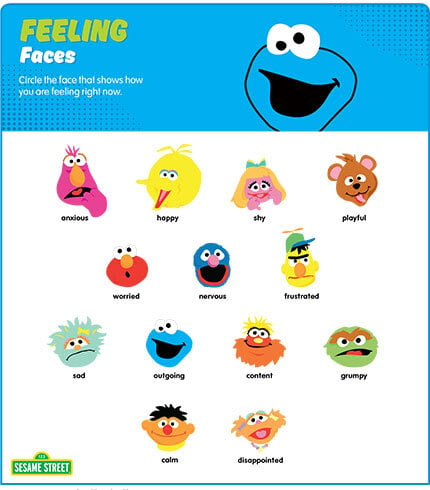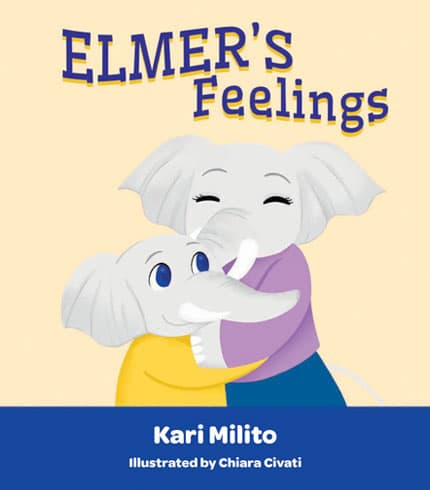It is day 3,087,252 of pandemic living, and quite honestly, at this point, I just want it all to be over. We are so deep into this state, I cannot remember what normal even is. I just know I desperately long for it.
Like most moms I know, I have spent a lot of time trying to make this period not suck for the kids whilst keeping my sanity. Who could have predicted what a delicate balance that would be? Let’s just say that some days I was not successful at either. As I write, I am simultaneously doing spelling word practice for my 1st grader, responding to clients, practicing upper- and lower-case identification and matching with my 4-year-old, and answering questions about whether their whistling, which is on minute 15 and 35 seconds, is putting the baby in my tummy to sleep. “That is not how any of this works” is on repeat in my brain, but alas, if 2020 has proven anything to us all, it is that the world will keep moving regardless of whether it is supposed to work this way or not.
If you are stuck on the 15 minutes (and ticking) of incessant whistling, you should be. Pre-pandemic, I am sure I would have cut the cord at max 3 minutes, showered them with positivity for loving on the baby, and hurried them to the next activity. The reality is that pre-pandemic, this likely would not be happening because Saturdays would be filled with games, birthday parties, and endless playdates. This transition has been difficult for every member of the family, but I think it can be particularly challenging for the kids.
As adults, we can grasp the information being thrown around and process it in relation to a plethora of life experiences. Our kids just do not have that luxury. In 2017, suicide rates were the 2nd leading cause of death for people ages 10–24, and we would all repeat 2017 before ever choosing the real-life game of Jumanji 2020 has turned out to be. Given this, I have been making a conscious effort to be even more cognizant of their mental health during this time. I am not a therapist. I am just a mom trying her best, and my effort looks a little something like this:

- Naming and sharing big feelings: Sometimes our kids need to know that they are not alone in feeling the way they do, and other times they just need the words to communicate what they may be feeling. I try to be open (age appropriately) with my kids about how things make me feel, be it something as simple as, “I really miss my friends or family today,” or something a little more complex like, “I don’t know when this pandemic will be over and that scares me.”
- Validating feelings: I think this extends beyond the pandemic, but let them hear that it is okay to feel how they feel, be it scared, or annoyed, or sad. Having your feelings validated is such a reaffirming feeling (for kids and adults alike).
- Giving a lot of grace: Some days, I feel ready to take on the world, and other days, I just want to hide under my covers and eat junk food. We can recognize those feelings in ourselves but often forget that our kids can go through those same ebbs and flows. Some days, they are way more emotional than I feel is warranted, or they are extremely needy. Other days, they are more defiant than I care to share and have seemingly lost their minds for no reason. Some days, it is a fight to get the normal things done, and other days, we are rolling with all the punches. Either way, for their sake and for mine, I give us all grace by trying to be a little more tolerant and less quick to anger. I allow the jumping on the couch because the jumping places have closed. I ask a lot more questions about how they are feeling to try to understand why they may be acting the way they are.
- Not sweating the small stuff: This is a tip for your sanity. There are likely many life lessons we can glean from this specific time in history, but realizing what battles we choose is likely in the top 3.
- Living daily in gratitude: We are all living in different realities based on our specific circumstances, so I do not write this frivolously. I do, however, believe that naming out loud the positive and being thankful for even the most minute “wins” goes a long way for building a family culture of positivity, as well as building constructive mindsets in our children.
- Being uncomfortable with the unknown: “I don’t know” is a complete answer. Affirming that not having all the answers is okay, and teaching skills around navigating uncertainty and embracing fluidity is a skill that will help them long term. I also try to reaffirm that though we may not have all the answers, we are all in this together.
- Oh, and dance parties: Because music and movement are literally life-changing.
* I am not a mental health professional. If you are in fear that you or your child are struggling with mental health, please seek help from a professional.


For daily check-in with kids, choose a book or activity from Caribu’s Social and Emotional Learning category. Read together about ways that characters experience challenges and discuss their feelings. Sign up for Caribu to explore books, activities, and drawing pages with your loved ones in an interactive video-call.
You can read the original article in Jacksonville Mom.
Dominique Landry, Are the Kids Really Alright? Daily Mental Health Check-Ins, October 16th, 2020, https://jacksonvillemom.com/parenting-wisdom/are-the-kids-really-alright-daily-mental-health-check-ins/.


